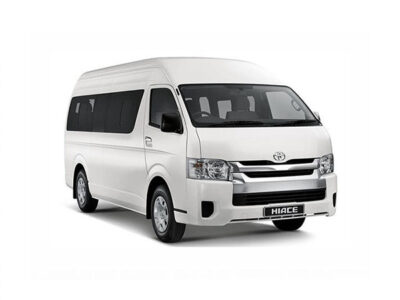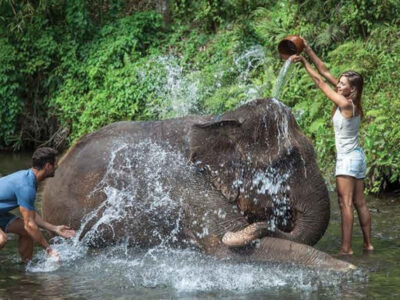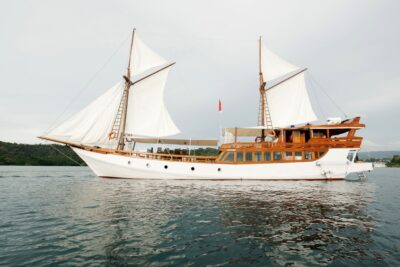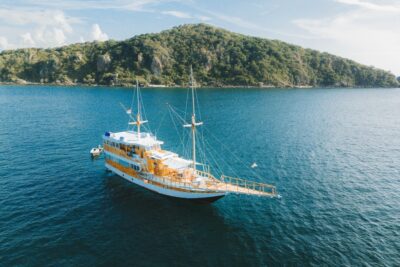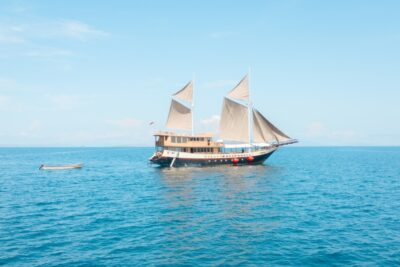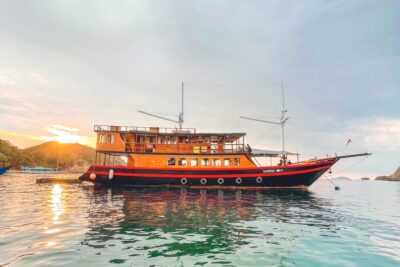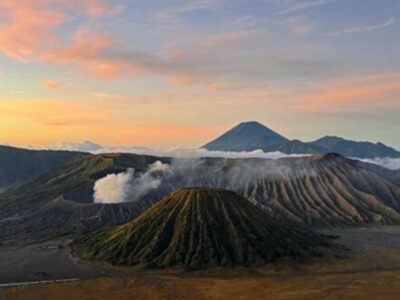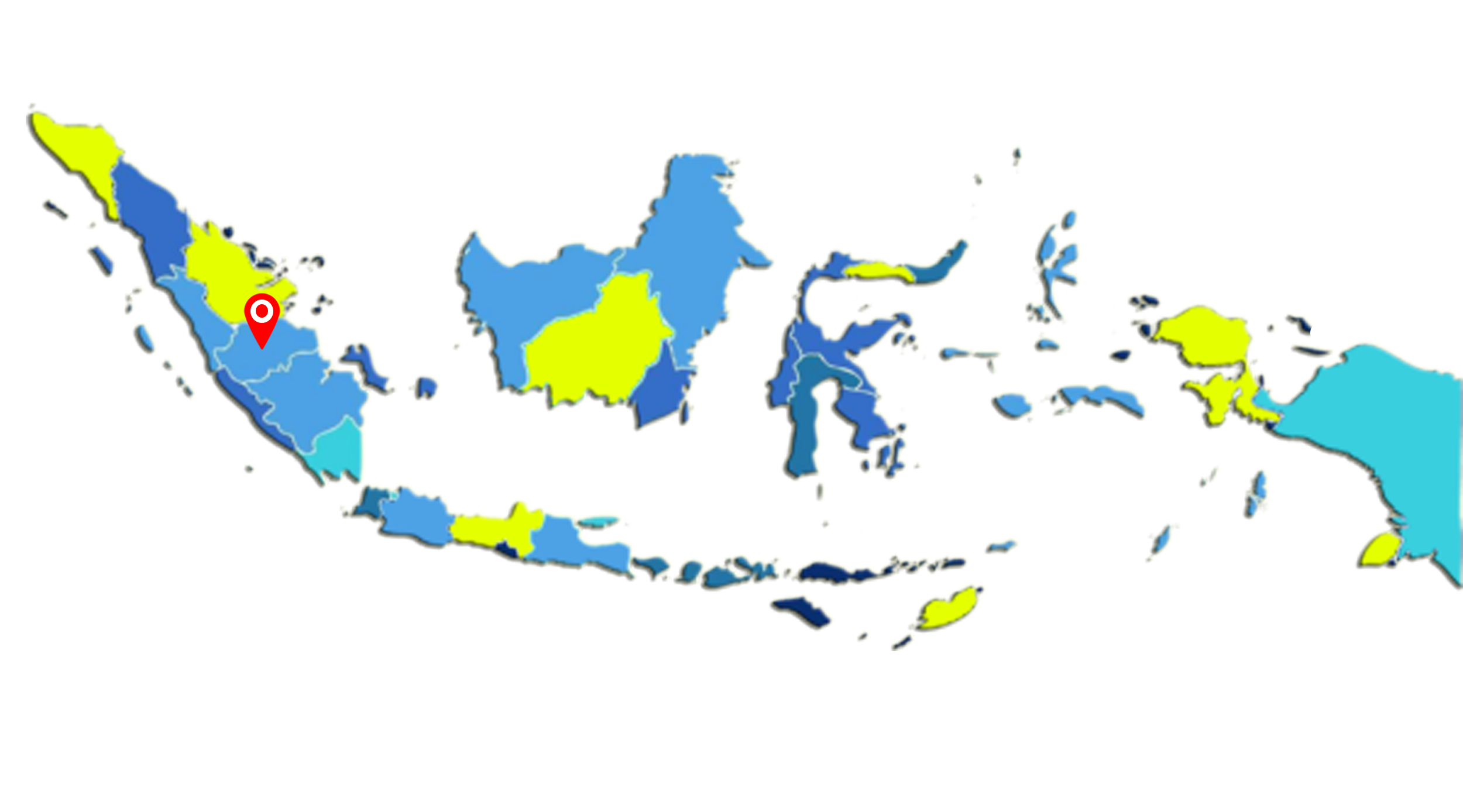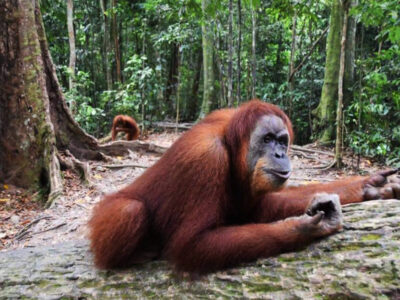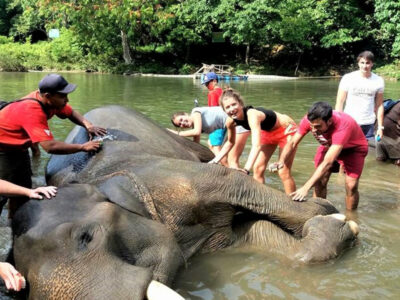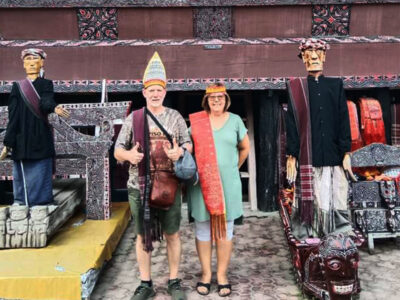Sumatra
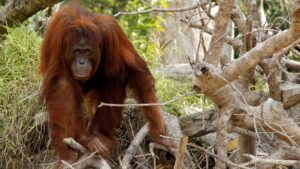
Sumatra is a large island located in western Indonesia, part of the Sunda Islands. It is the sixth-largest island in the world and the largest island in Indonesia, with an area of approximately 473.481 square kilometers (182,812 square miles). The island has a diverse population, with many different ethnic groups and languages spoken, including Malay, Batak, Acehnese, and Minangkabau. Sumatera, also spelled Sumatra, is one of the largest islands in Indonesia and the sixth-largest island in the world. It is located in the western part of Indonesia, stretching over 1,700 kilometers from north to south and 500 kilometers from east to west. Sumatera is surrounded by the Indian Ocean to the west and south, the Strait of Malacca to the east, and the Andaman Sea to the north. Sumatera is known for its rich cultural heritage, natural beauty, and biodiversity. The island is also famous for its coffee, such as Sumatran Mandheling coffee, and its palm oil industry.
Sumatera is a popular destination for both domestic and international tourists, offering a wide range of attractions and activities. Visitors can explore the natural beauty of places like Lake Toba, the Mentawai Islands, and the Kerinci Seblat National Park, or immerse themselves in the rich cultural heritage of cities like Padang, Bukittinggi, and Medan. Adventure seekers can also enjoy activities such as trekking, surfing, and wildlife spotting. Overall, Sumatera is a fascinating destination that offers a blend of natural beauty, cultural diversity, and adventure, making it a must-visit for travelers seeking unique and memorable experiences in Indonesia.
| Languages spoken | Bahasa Indonesia |
|---|---|
| Currency used | Rupiah |
| Area (km2) | 473.481 |
Sports & nature
Sumatra is known for its rich biodiversity, with many unique species of plants and animals. It is home to several national parks, such as Gunung Leuser National Park and Kerinci Seblat National Park, which are home to endangered species such as Sumatran tigers, orangutan, elephants, and rhinoceroses. The island is also a major producer of palm oil, rubber, coffee, and other agricultural commodities.
Culture and history info
Sumatra has a long history of trade and commerce, and its cities and towns are centers of industry, agriculture, and tourism. It is home to several ethnic groups, with the largest being the Malay, Batak, and Minangkabau people. Sumatra has played an important role in Indonesian history and politics. It was one of the earliest areas to be Islamized and was a center of the Malay kingdoms of Srivijaya and Aceh. It was also the site of Dutch colonization and played a key role in the struggle for Indonesian independence. Today, Sumatera is a major contributor to Indonesia's economy, with industries in mining, agriculture and tourism.
Unfortunately no accommodations were found.
Unfortunately no cruises were found.

Are you looking for a seamless and stress-free travel experience? Worry no more as our rental car services apart from having experienced drivers, are also tailored or designed to meet the needs of discerning travelers and travel agents.

